
The AIgorythm project

Playwright and actor
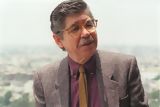
Novelist

Writer and poet

Volleyball player

Italian-Peruvian naturalist and geographer

Singer and percussionist

Last Inca emperor

Politician, former prime Minister

Journalist and TV host
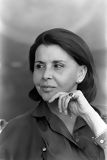
Poet

Inca warrior

Actor and comedian

Biophysicist

Poet

Doctor and researcher

Businessman, Interbank group

Journalist and writer
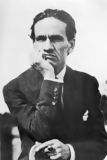
Poet and writer
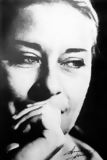
Singer and songwriter
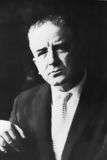
Writer

Film director, Berlin Golden Bear winner

Football player
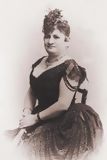
Writer and journalist
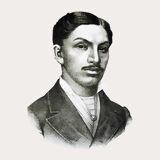
Doctor and scientist

Photograph

Chess player

Industrialist

Former general

Specialist in public health

Actress and singer

Afro-Peruvian music singer

Mathematician and engineer

Indigenous chronicler

Neurologist and anthropologist

Painter

Football player
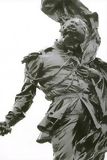
National hero, military leader

Intellectual and reformer

Chef and entrepreneur

Fashion designer

Singer-songwriter

TV presenter

Marathon runner

Indigenous Peruvian chronicler

Theologian

Former national team captain

Economist and former health minister

Inca princess

Writer and television host

Folk musician

Poet and guerrilla
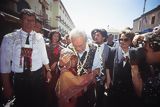
Former UN secretary-general

Chef, known for fusion cuisine

Football player

Peruvian aviation pioneer

Poet and artist
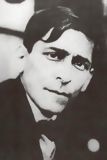
Marxist philosopher and writer

Industrialist and businessman
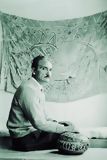
Novelist and ethnologist

Painter and muralist

Opera tenor

Fashion designer

Cardinal of Lima

Peruvian tennis player

Football coach

Leader of the indigenous rebellion
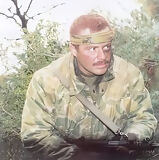
Military hero

Latin singer
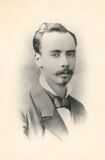
War of the Pacific hero

The youngest mother in history

Politician
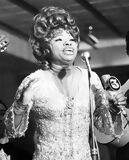
Creole music singer

Tennis player
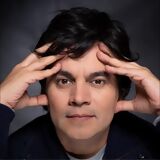
Musician

Writer and politician

Politician and founder of the Christian Democratic Party

Founder of Sodalitium Christianae Vitae

Archaeologist and anthropologist

Military leader and politician

Television host
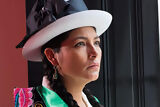
Actress and singer

Contemporary sculptor
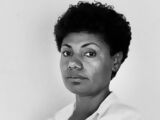
Women’s rights activist

Beauty queen

Astrophysicist

Heroine of independence

Mathematician and archaeologist

Historian and anthropologist
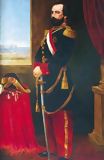
Military figure and historical figure

Fashion photographer
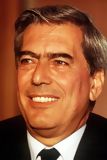
Writer, Nobel Prize in Literature, Politician

Revolutionary leader
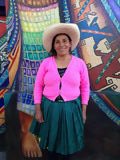
Environmental activist

Leader of the indigenous rebellion

Musician from Gaia band
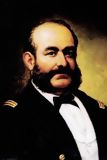
War hero
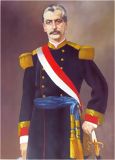
Military leader and politician

Chef, known for Nikkei cuisine

Volleyball coach and former player

Environmental activist

Television personality

Writer

Football player

Epidemiologist and former health Minister

Inventor and aerospace pioneer

Soldier and inventor

Rock singer

Chef and co-owner of Central restaurant

Painter

Football player

TV presenter and actress
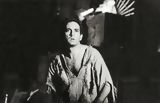
Actor
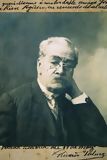
Writer and historian

Journalist and lawyer

Archaeologist, founder of Caral site
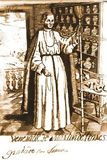
Monk and Saint
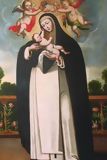
Saint, patron of Latin America

Physicist and engineer

World champion surfer

Actress

Oncologist
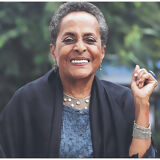
Singer, Latin Grammy winner

Former mayor of Lima

Singer

Actress

Former football player

Painter
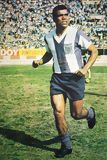
Former football player

Painter

Inca leader

Archbishop, saint

Leader of the indigenous rebellion

Revolutionary indigenous leader

Diplomat and intellectual

Sculptor and painter
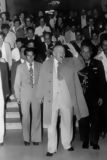
Political leader, founder of APRA

Lawyer and Former prime minister

Chef of Central restaurant

Former head of secret services

Popular singer

Fashion designer

Exotic music singer
Claudia Llosa, born on November 15, 1976, in Lima, Peru, is one of the most influential filmmakers and screenwriters in contemporary Latin American cinema. Known for her films that explore deep themes such as identity, Andean culture, and social dynamics, she has carved out a prominent place in the international film industry. As the niece of renowned writer Mario Vargas Llosa, she comes from a family of prominent cultural figures, but her cinematic success is the result of her own talent and unique vision.
Claudia Llosa grew up in a literary and cultural family, which nurtured her interest in storytelling and creativity from a young age. After earning a degree in communications from the University of Lima, she pursued film studies at the prestigious TAI School of Cinema in Madrid. It was there that she honed her screenwriting and directing skills while developing a particular sensitivity to stories that blend mythology, culture, and social reality.
In 2006, Claudia Llosa directed her first feature film, « Madeinusa », a powerful drama set in an imaginary Andean village where local traditions and religious customs play a central role in the lives of its inhabitants. This film, which explores the notion of transgression and female emancipation in a patriarchal society, was praised by international critics for its unique approach to Andean culture and its subtle exploration of social tensions.
« Madeinusa » was screened at numerous international festivals, where it won several awards, including the FIPRESCI Prize at the Rotterdam Film Festival. This initial success marked the beginning of Llosa's international career and established her distinctive style, blending realism with mythological elements, focusing on strong and resilient female characters.
In 2009, Claudia Llosa achieved international acclaim with the release of her second feature film, « La teta asustada » (English title « The Milk of Sorrow »). This film addresses the aftermath of Peru's internal armed conflict, seen through the eyes of Fausta, a young woman marked by the violence her mother experienced. The film explores the psychological effects of war and sexual violence on women while questioning the transmission of pain across generations.
« The Milk of Sorrow » won the Golden Bear at the 2009 Berlin International Film Festival, making Claudia Llosa the first Peruvian filmmaker to receive this prestigious award. The film was also nominated for an Academy Award for Best Foreign Language Film, further solidifying Llosa’s reputation as a vital voice in Latin American cinema. With this film, she successfully reached an international audience while remaining true to her exploration of Peruvian realities.
Claudia Llosa’s films are known for their exploration of cultural identities and the tension between tradition and modernity. She places particular emphasis on the experiences of women, often in relation to social marginalization, violence, and repression, while highlighting their resilience and quest for freedom. Andean culture, with its rituals, spirituality, and majestic landscapes, plays a central role in her narratives, giving her films both a universal and deeply rooted Peruvian dimension.
Her cinema also delves into themes of collective and individual memory, often through characters who bear the weight of a history of violence and trauma. These characters, while deeply rooted in their local culture, resonate with a global audience as their struggles and emotions are universally relatable.
Following the success of « The Milk of Sorrow », Claudia Llosa continued her career in Europe and North America while maintaining a connection to her Peruvian roots. She directed several short films and documentaries, and in 2014, she released her third feature film, « Aloft », starring Jennifer Connelly and Cillian Murphy. This film, more oriented toward international production, marked a turning point in Llosa's career, as she continued to navigate between her Peruvian origins and a global career.
Although « Aloft » did not receive the same critical acclaim as her previous films, it demonstrated Llosa’s ability to evolve in different cinematic contexts while maintaining her poetic and introspective style.
Claudia Llosa is now considered one of the most influential filmmakers in Latin America. Through her films, she has captured the complexity of Peruvian and Andean identities while addressing universal themes such as violence, pain, and resilience. Her works, deeply rooted in Peruvian culture yet accessible to an international audience, have paved the way for a new generation of Latin American filmmakers eager to tell their own stories.
As a female director in an industry still dominated by men, Claudia Llosa has managed to make her unique voice heard and establish herself as a creative force to be reckoned with. Her sensitive and nuanced approach to female narratives, as well as her commitment to the social realities of her country, continues to inspire filmmakers and artists around the world.
Claudia Llosa is a Peruvian filmmaker whose work has left an indelible mark on international cinema. With films like « Madeinusa » and « The Milk of Sorrow », she has connected with a global audience while staying true to her exploration of Peruvian realities and cultures. Her cinema, both poetic and socially engaged, offers a unique perspective on internal and social struggles and continues to resonate with viewers around the world.